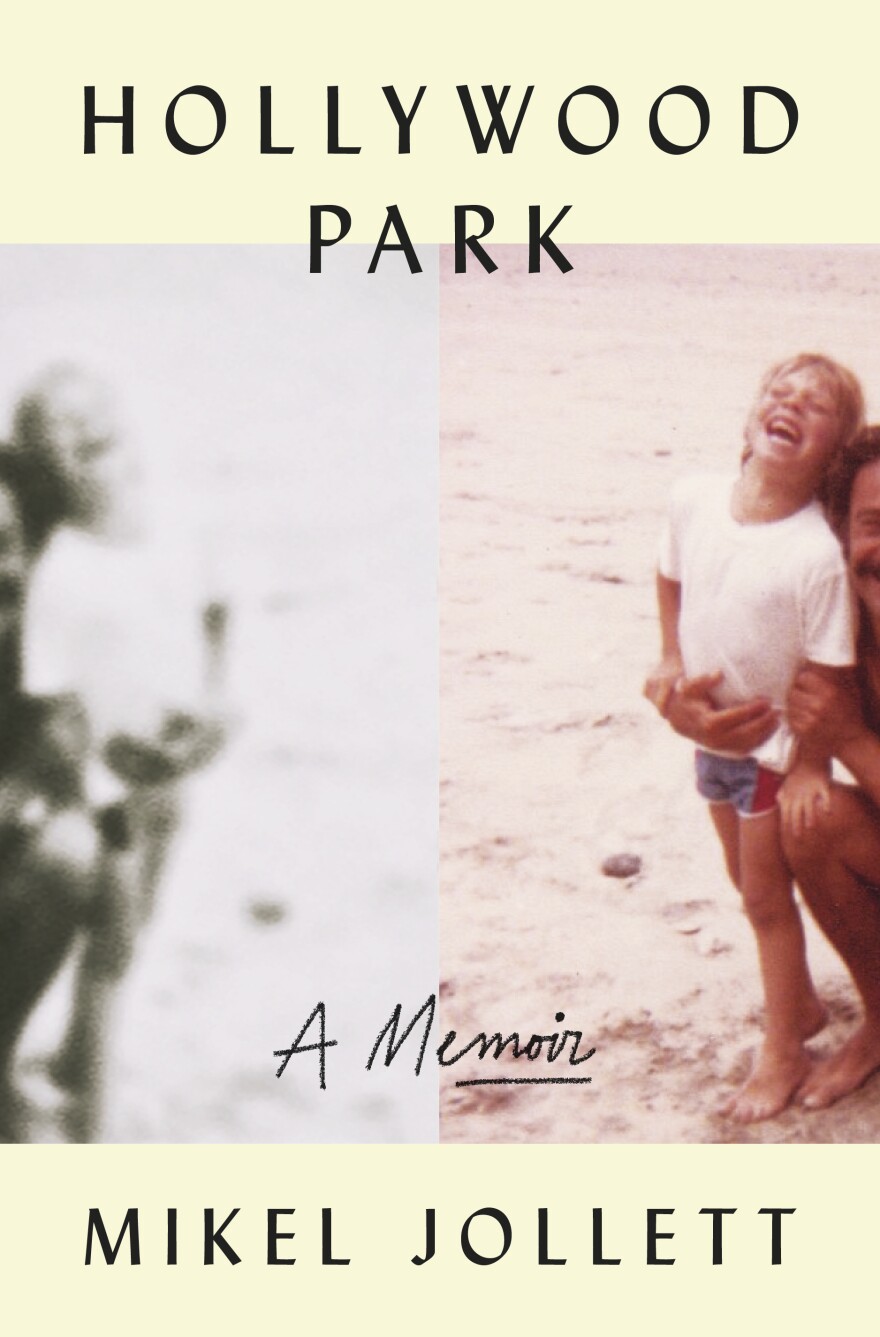Now we have a conversation with Mikel Jollett of the rock band The Airborne Toxic Event about his new memoir, “Hollywood Park.” The book recounts his youth growing up in the infamous cult Synanon all the way up to his founding of a highly successful rock band.
Purper: So Mikel, I want to start at the beginning. As you write in the book, you were raised in the cult known as Synanon. What was life like inside Synanon?
Jollett: I think it depends on who you ask. I think for the adults, there were two groups: there were the dope fiends, and the squares. Like every sort of closed society, they had their own lexicon. So the dope fiends were people like my dad who went there to get clean off drugs, and I think for them it was great. I think they got clean, a lot of them had been in and out of prison and jail like my dad had, and had a long history of addiction. It was the one place that got through and I think a lot of them would say that it saved their lives. For the squares, there was this kind of 'change the world' mentality that, it was kind of like, they moved in for this utopian vision of what society could become, it was like, "Well, we failed, there's tanks on University Avenue and that's that." You've got to remember the war was going on and people were very - there was a sense that society was crumbling. In some ways not that different from how it is now, and in other ways very very different. And then there was the kids. And the kids, actually despite sort of the mythology Synanon has about itself, I think the kids had it the worst. Because we were all taken from our parents at six months old and put into what they called a school, but it was very sort of Orwellian nomenclature to call it a school. It was in fact an orphanage. And that's where we stayed, we saw our parents - some of us saw our parents every few weeks, some didn't see their parents for years at a time. And it was kind of a dog-eat-dog world inside the school. And later on, a lot of the stories of abuse came to light. You know, a number of Synanon kids have written books and, you know, molestations and beatings ritualistic shaming and just all the kind of nightmare stuff you hear about orphanages, which is why orphanages don't exist anymore in the United States. We moved to the foster care system, because any time you institutionalize vulnerable children, these are the sorts of things that happen.

Purper: California is the backdrop for most of this story, except the parts when you're in Oregon - I'm hoping you can speak to the role the state has played in your life, and how you feel about California in general.
Jollett: I think it's an interesting question. My mom was a free speech advocate activist at Berkeley during the whole free-speech movement, and you know Reagan was governor at that time, and he was the one who shut it all down. And so, I was always being told Reagan was this horrible person who ruined all kinds of stuff. And you know, eventually, years later, we escaped the cult and we went on public assistance in California, we used to go to the food bank and to the church to get government cheese and that kind of thing. And I think maybe, it's probably true that the Human Potential Movement, which is really what Synanon came out of, is a very West Coast, California thing. You know, alternative lifestyle, cult-like living is a very West Coast, California thing. So in all these ways I think California was very very important to my life. And then eventually we went up to Oregon, we escaped to Salem, Oregon, and then I would come down to L.A. to visit my dad and he lived in Playa del Rey with my step-mom Bonnie. Although we don't use the "s" word in my family, so we'll just call her my mom, Bonnie. And we would come visit them, and we'd go to the beach, but it was always these random places. We didn't go to Manhattan Beach, we didn't go to Malibu, we didn't go to Santa Monica - we went to Toes Beach, at the end of Ballona Creek, which is like, where all the dog poop goes when there's a storm. It's like, next to the factories. And I think there's a lot of that in California, there's a lot of these random places, random freeways, random neighborhoods in places that tourists don't venture. Like there's this imagination of what Los Angeles is in particular in the public imagination of this country, and it's like, Disneyland, the beach, Hollywood... uh, that's basically it. And maybe Downtown L.A. has given itself a place in the last ten years because of Staples Center, I don't know, but that's basically it. But then there's all these people that lived, and died, and raised their children in this other place, in between this imaginary place that the rest of the world imagines, and it's places like Playa del Rey, and Culver City, and Pacoima, you know, Rialto, and Compton - although I guess Compton has its own place in the public imagination - but Long Beach, South Central L.A., Brea, San Bernardino. We're the negative space in the photograph, we're the thing in the background. And one of the things my book tries to say is that these people have lives too and these lives matter, and they don't have anything to do with the beach or Disneyland.
The full interview will appear on the next episode of KVCArts. More information on the book and virtual book tour is available at theairbornetoxicevent.com/book.



